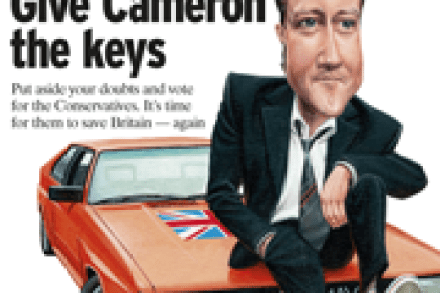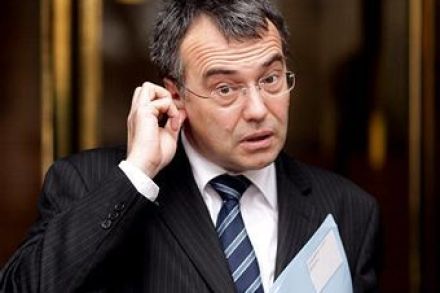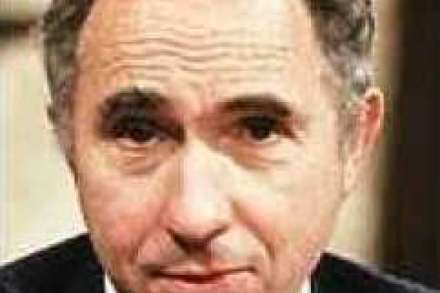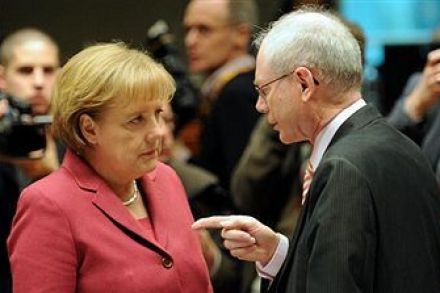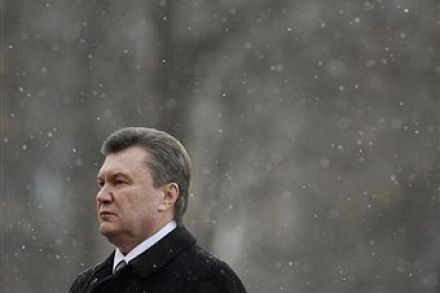Polish tragedy
Polish President Lech Kaczynski, his wife and a number of top Polish officials, including the Central Bank president, the Polish ambassador to Moscow and an Army chief, were killed when the presidential plane crashed near an airport in western Russia. The tragedy – the worst in modern Polish history – ends an extraordinary career for the actor-turned-politician who, alongside his twin brother Jaroslaw Kaczynski, upended Poland’s political system when they founded the conservative party Law and Justice, and in 2006 controlled both the presidency and the government. The brothers first found fame as child actors, with angelic faces in a film version of the popular children’s book The Two That


